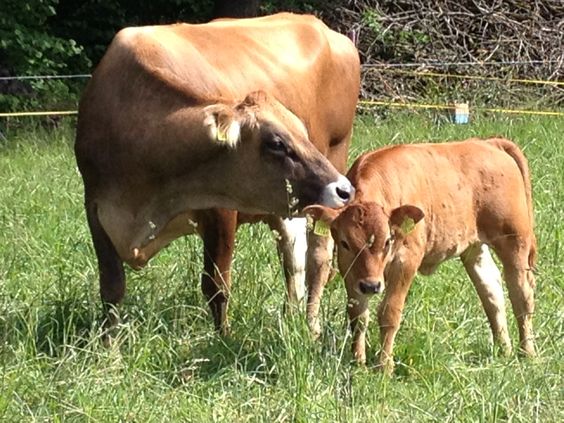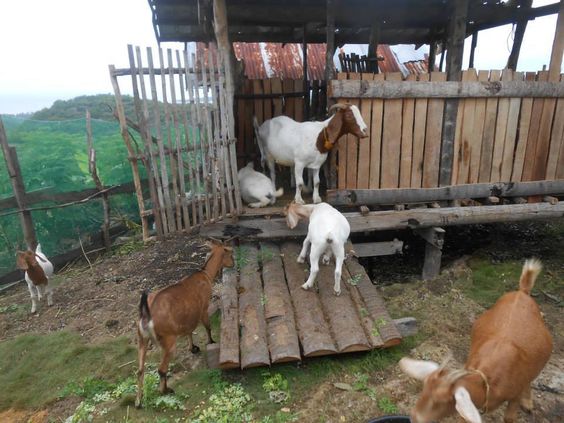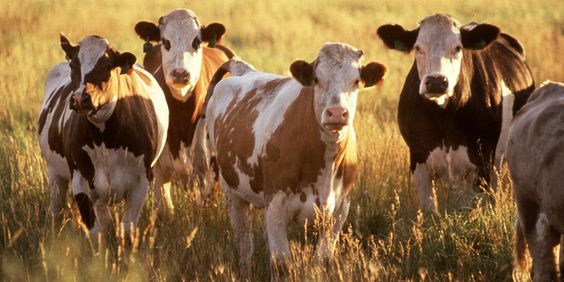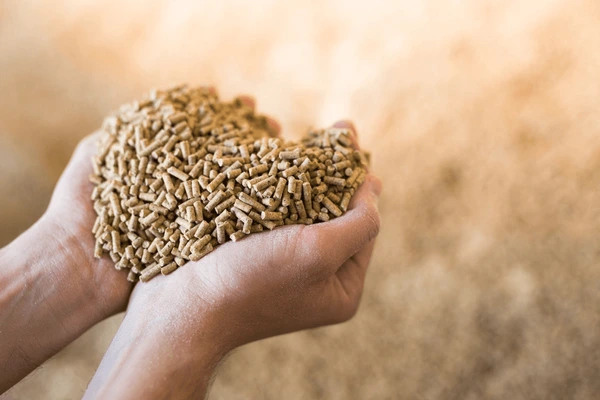Farm Reproductive Techniques: Optimizing Livestock Production
Farm Reproductive Techniques plays a critical role in the success and sustainability of livestock production. Traditional breeding methods have served us well for centuries, but advancements in science and technology have introduced a range of farm reproductive techniques. These techniques can significantly enhance efficiency, improve genetic quality, and ultimately increase farm profitability.
This comprehensive guide dives into the world of farm reproductive techniques, exploring the most common methods, their benefits and considerations, and their impact on the livestock industry.
Core Techniques in Farm Reproduction
-
Artificial Insemination : This widely used technique involves collecting semen from a superior male and depositing it directly into the female reproductive tract, bypassing natural mating. AI offers several advantages:
- Genetic Improvement: Semen from high-performing sires can be used to inseminate a large number of females, rapidly improving the overall herd genetics for milk production, meat quality, or other desired traits.
- Disease Control: AI eliminates the risk of disease transmission that can occur during natural mating.
- Biosecurity: Semen can be collected and stored frozen, allowing for safe transportation across geographical boundaries.
- Efficiency: One sire can inseminate many females in a short period, maximizing breeding opportunities.
-
Embryo Transfer (ET): This technique involves collecting fertilized embryos from a donor female and implanting them into the uterus of a recipient female. ET offers unique benefits:
- Increased Offspring from High Performing Females: Elite females with superior genetics can produce multiple offspring through ET, even if they have limited natural birthing capacity.
- Shorter Generation Intervals: By using recipient females, ET allows for faster genetic progress compared to traditional breeding methods.
- Sex Selection: In some cases, embryos can be sexed before transfer, allowing farmers to choose the desired sex for offspring.
Additional Techniques and Considerations
Several other techniques complement AI and ET in farm reproduction:
- Estrus Synchronization: This technique regulates the estrous cycle (heat period) in females, allowing for timed insemination and improving breeding efficiency.
- Multiple Ovulation Embryo Transfer (MOET): MOET involves stimulating a donor female to produce multiple eggs, which are then fertilized and collected for embryo transfer. This maximizes the number of offspring from a single female.
- In Vitro Fertilization (IVF): This advanced technique involves fertilization of eggs outside the female’s body, followed by embryo transfer. While less common in farm animals due to cost, IVF offers possibilities for overcoming certain fertility issues.
Benefits of Farm Reproductive Techniques
The use of farm reproductive techniques offers a range of benefits to farmers and the livestock industry as a whole:
- Increased Productivity: By improving genetic selection and breeding efficiency, these techniques can lead to higher milk yields, better quality meat, and increased lambing or calving rates.
- Faster Genetic Progress: By utilizing superior sires and dams, farmers can achieve faster genetic improvement within their herds.
- Improved Herd Health: Techniques like AI can help control the spread of diseases associated with natural breeding.
- Economic Gains: Increased productivity and efficiency translate to higher profits for farmers.
Considerations and Ethical Concerns
While farm reproductive techniques offer significant advantages, there are also considerations and ethical concerns to be addressed:
- Animal Welfare: Techniques like MOET and superovulation can put stress on the animals, and proper animal care practices are crucial.
- Biodiversity: Overreliance on a few high-performing sires can lead to reduced genetic diversity within breeds.
- Cost Farm Reproductive Techniques: Implementing some techniques like ET can be expensive, requiring specialized equipment and training.
- Ethical Concerns: Some people raise ethical concerns about the manipulation of natural breeding processes.
The Future of Farm Reproduction
The field of farm reproduction is constantly evolving. Emerging technologies like:
- Genomic Selection: Utilizing DNA analysis to identify animals with superior genetic potential for breeding.
- Sex Sorting of Sperm Farm Reproductive Techniques: Separating sperm cells carrying desired sex chromosomes to improve the accuracy of offspring sex selection.
- Cloning Farm Reproductive Techniques: Creating genetically identical copies of elite animals, although this technique is still under debate due to ethical concerns.
These advancements hold promise for further optimizing farm reproduction and ensuring a sustainable future for livestock production.
Conclusion Farm Reproductive Techniques
Farm reproductive techniques have revolutionized the way we manage livestock breeding. By understanding the core techniques, their benefits and considerations, farmers can make informed decisions to enhance herd performance, improve efficiencies, and contribute to a more sustainable and productive livestock industry. As the field continues to evolve, responsible implementation of these techniques will be key to balancing progress with animal welfare and ethical considerations.






